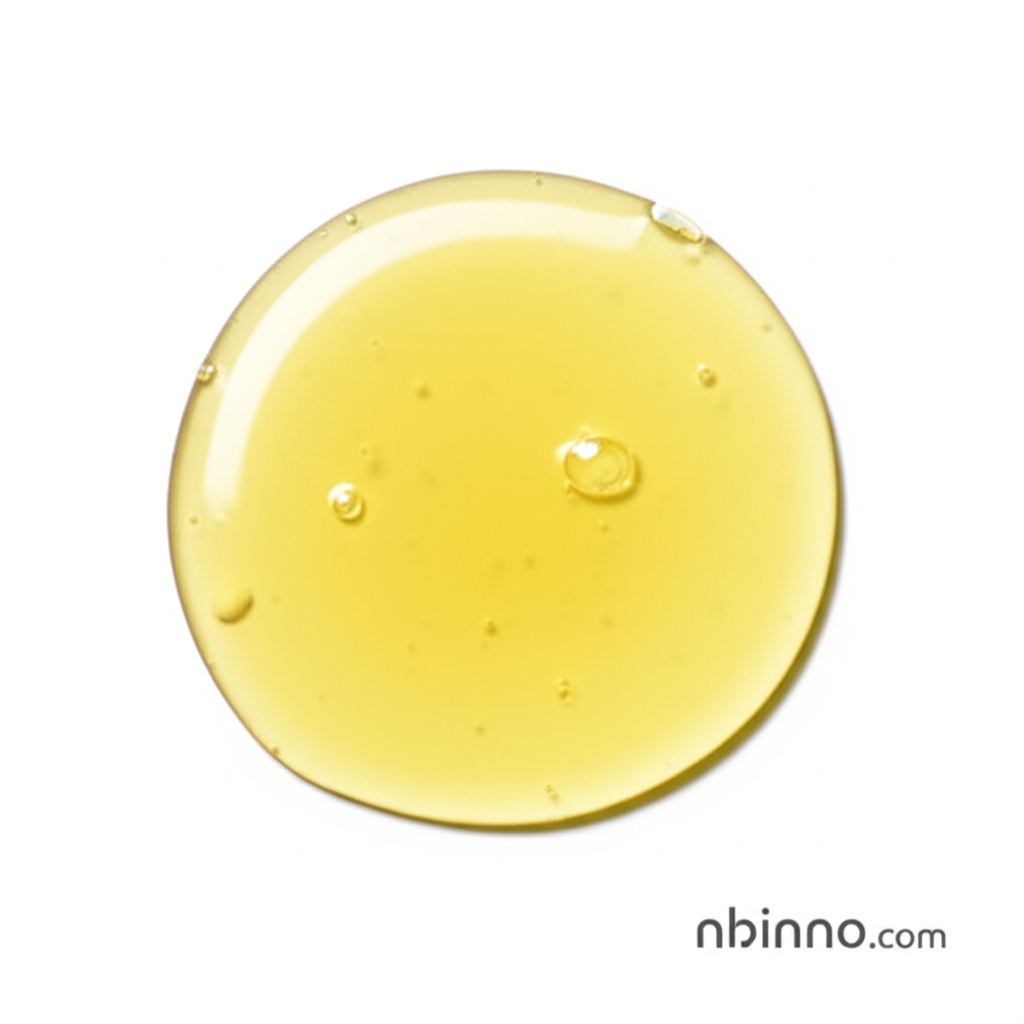High-Quality CMIT/MIT 14% for Industrial Water Treatment | Reliable Manufacturer & Supplier
Discover the power of CMIT/MIT 14% (CAS 26172-55-4), a leading biocide and water treatment agent. As a trusted manufacturer and supplier in China, we provide high-purity CMIT/MIT for effective microbial control and scale inhibition in industrial water systems. Request a quote and sample today!
Get a Quote & SampleEffective Microbial Control and Scale Inhibition

CMIT/MIT 14% (Isothiazolinones)
Our CMIT/MIT 14% is a premier industrial biocide manufactured to the highest standards by a leading supplier in China. It excels as a scale inhibitor and dispersant, offering excellent miscibility with various water treatment chemicals like corrosion inhibitors and surfactants. We ensure competitive pricing and a stable supply for bulk purchases, making us your go-to manufacturer for effective water treatment solutions.
- Broad-Spectrum Antimicrobial Efficacy: This CMIT/MIT 14% effectively controls bacteria, fungi, and algae in industrial water systems, ensuring operational efficiency.
- Excellent Scale Inhibition and Dispersion: Utilize its properties as a scale inhibitor and dispersant to maintain system integrity and prevent fouling.
- Superior Miscibility: Easily mixable with other water treatment agents and surfactants, facilitating flexible formulation.
- Reliable Supplier & Manufacturer in China: Source high-quality CMIT/MIT 14% directly from a trusted Chinese manufacturer for consistent supply and competitive pricing.
Key Advantages of Our CMIT/MIT 14%
Powerful Biocidal Action
CMIT/MIT 14% offers rapid inhibition of microbial growth and macromolecule synthesis, providing potent protection against a wide range of microorganisms. This ensures clean and efficient industrial water systems.
Cost-Effective Water Treatment Solution
As a leading manufacturer, we provide CMIT/MIT 14% at a competitive price, offering a cost-effective solution for maintaining water quality and preventing microbial contamination in your industrial processes.
Enhanced System Performance
Its dual action as a scale inhibitor and dispersant, combined with broad-spectrum biocidal efficacy, significantly enhances the performance and longevity of your industrial water systems, reducing operational downtime and maintenance costs.
Versatile Applications for Industrial Water Treatment
Industrial Circulating Cooling Water
A primary application for CMIT/MIT 14% is in industrial circulating cooling water systems to prevent biofouling, slime formation, and microbial growth, ensuring optimal heat transfer efficiency.
Petrochemical and Oilfield Industries
This biocide is vital in petrochemical plants and oilfields for controlling microbial contamination in water injection, processing, and storage systems.
Pulp and Paper Mills
Used as a slimicide in paper manufacturing to prevent the growth of slime-forming bacteria and fungi, improving product quality and process efficiency.
Metalworking Fluids and Coatings
CMIT/MIT 14% serves as an effective preservative in water-based coatings, paints, and metalworking fluids, extending product shelf-life and preventing microbial degradation.
